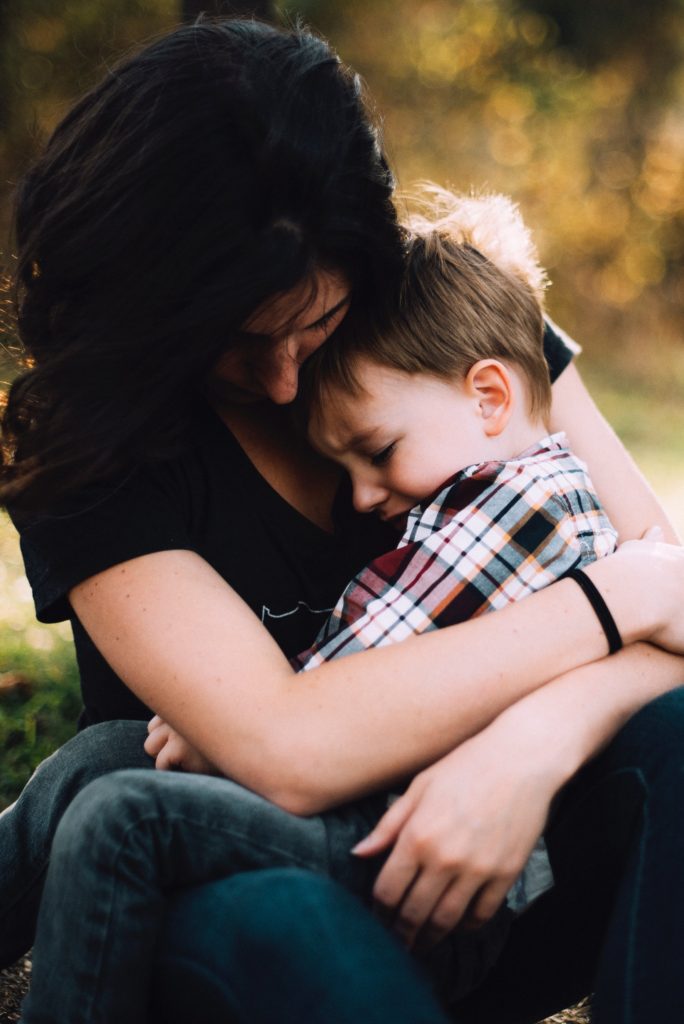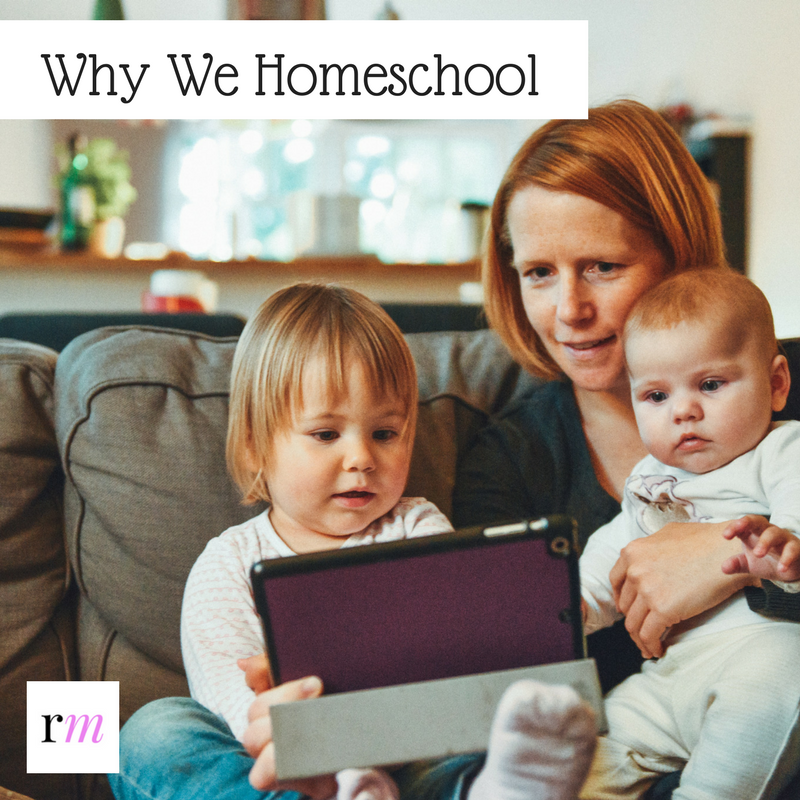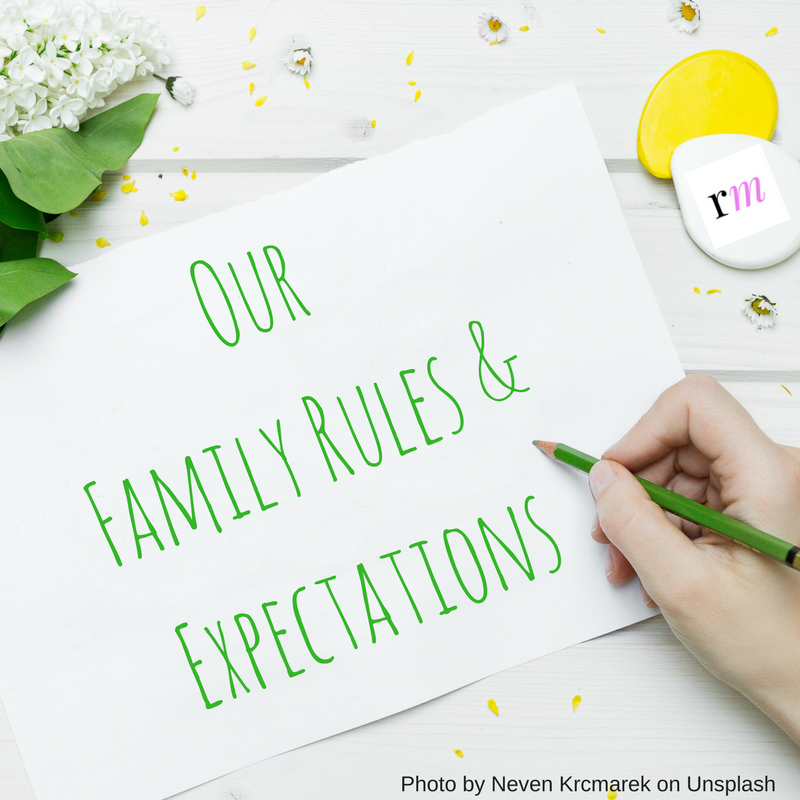Being the Non-Custodial Parent
If you’re not familiar with the language of divorce (which I hope you aren’t), “non-custodial” means that your child lives with the other parent most of the time. The other parent’s home is “home” – your house is a place to visit. I’ve read and been told that most courts today promote 50/50 shared custody, where a child’s time is split evenly between both parents. When I got divorced, it was more common for one parent get “primary” physical custody and the other to have “visitation.” I am not going to make any sweeping statements about what kind of custody arrangement I think works best, because none of them are good. The only one that really works – as in, doesn’t make your kids miserable – is not getting divorced in the first place (if you want to read a fascinating book about the effects of divorce on kids, try this one: The Unexpected Legacy of Divorce: A 25 Year Landmark Study). Living apart from your child’s other parent is extremely hard on them, no matter how evenly the time is divided, how flexible you are, or how amicable your relationship is with your ex. However, many of us are already divorced and our kids are already living with the reality of having two homes (or two non-homes), and it’s for these families that I’m writing this post. I have another post on divorce and why it doesn’t work here: Ten Truths You Need to Realize Before Seeking a Divorce.

My Story
My seventeen-year-old moved in with his dad when he was 14. He had just finished eighth grade – half in homeschool, which he hated, and half at a private Catholic school, which he hated only slightly less – and he had been asking to move to his dad’s house for more than a year. Desperate to find something that would make him (and the rest of us) happier, I finally decided he should move. Since then, he only spends every other weekend at my house, which is a mixed blessing for all of us. It was a good decision for him, and I see now that it was foolish to have spent so many years agonizing over the possibility of it happening. However, I am not his mom anymore in the same physical, day-to-day sense that I used to be. I don’t buy his clothes. I don’t cook for him except maybe twice a month. I don’t know what kind of a day he’s had, most days, or what kind of mood he’s in, most of the time. I get a glimpse of his world on our weekends and through SnapChat, but our worlds are mostly separate. He is a visitor here – a loved, cherished, welcomed visitor – but a visitor, nonetheless. And even though it’s hard, I think it’s the best option for him out of all of the flawed, second-best options we have.

What Kind of Mom Am I???
Some of you probably find it offensive to refer to my son’s move as a “mixed blessing.” How could a mom be okay with her child moving out and becoming, basically, a visitor in her home? I’ve had people tell me, “I could never be okay with that. I love my kids too much. I would be worried about them and miss them, and I wouldn’t trust anyone else – especially my ex – to raise them.” I can understand that. And if you don’t get divorced, you’ll never have to make a choice like this. But if you do get divorced, except in extreme circumstances, you will have to “share” custody. And, as kids become tweens and teens, you have to give them more and more control over where they spend their time (even the courts will give more weight to where kids want to live as they get older). It’s not about what’s “okay” for you. It’s not about how much YOU worry, or what YOU want. It’s about your kids, and their other parent, and what you can all work out for the best interests of the kids. One of the biggest lies our culture tells us (about divorce and other, smaller decisions) is that if we’re happy, our kids will be happy. Not true. Sometimes we have to sacrifice our happiness for the happiness of our kids. And that sacrifice can actually lead to a better, deeper kind of happiness. Of course I wish I could be a bigger part of my son’s day-to-day life, but I am still a big part of his life. I’m always here when he needs me, and he knows that.

What We Can Do to Make Our Kids’ Lives Easier
When I first got divorced, my kids were 6, 3, and newborn. I was extremely possessive of them and counted every minute of time they spent with their dad. I followed our custody agreement to the letter and lived in fear that if they spent too much time with their dad, they wouldn’t want to live with me anymore. The more time I had with them, so I thought, the more they would love and become attached to me. Eleven years later, I can tell you without question, this is not true. My relationship with my oldest child has gotten much, much better since he moved. And my kids have always loved their dad and loved spending time with him, regardless of how much time that actually ended up being. After all these years of sharing custody, as both a custodial and non-custodial parent, this is what I’ve learned:
- Your kids do not have a limited amount of love to split between you, your ex, and the other people in their life. There is enough to go around, and infinitely more. Loving their dad does not take away any love from you.
- The love your kids have for you has very little to do with the amount of time they spend with you. Of course, the more time you spend with your kids, the more opportunity you have to grow and deepen your relationship with them. But your kids will not automatically love you “more” because they spend more time with you. And they will not love you less because they spend less time with you. There are many other, more important factors that contribute to the quality of your relationship (like how you treat them when they’re around, for one obvious example).
- Splitting their time between two households is hard on kids, no matter how easy you try to make it. They have two sets of rules and expectations to try to follow. Two sets of everything from clothes, to toys, to friends. They miss out on important events in both households and sometimes feel like they don’t belong in either home. In some ways, they have two homes, but in some ways, they don’t really have a home anywhere. Don’t try to minimize or wish away how difficult this is for them, especially as they make the transition from one home to the other. Expect weird behavior on the days that they switch homes, and try to go easy on them those days. For a long time, when my kids came home on Sunday evenings, we ate ice cream sundaes before bed and called it “Sundae Sunday.” We relax all of our rules about watching TV and playing video games on those days and try to avoid planning or structuring anything. We just let them relax and settle back in to their lives here. Avoid the temptation to grill them about what they did while they were gone or what’s going on in the other household. I usually find that my motive for asking those questions is partly about my kids but mostly about other things (wanting to get the “scoop” on their dad and his wife, comparing our household to theirs, etc.).
- Things like discipline and rules and grades and control in general are really hard to let go of, but when your child spends most of his time living with someone else, you have to loosen up on those things. Of course, you will still care about how he’s doing in school. Of course, you will still care that he’s being treated well by his other parent(s). But you have no control over his bedtime, or curfew, or chores, or diet, or expectations at his other house, and trying to assert control over what happens there is only going to create tension and frustration for everyone involved. Your primary parenting strategy as the non-custodial parent is to be a good role model and let your example and your lifestyle speak for themselves. When your child is at your house, he should follow the house rules, and it is perfectly reasonable to ask him to pick up after himself and help out with things that need to get done. But trying to supplement or undermine whatever rules or disciplinary action is happening at his other home is not going to do anything other than make your child reluctant to visit you. I don’t make a big deal out of homework here either. In my experience, if the child is old enough to have homework, he (and possibly his custodial parent, to a limited degree) should handle that on his own, and I don’t worry about making sure he gets it done while he’s with me.
- Never forget that you (and your ex) created this situation and forced it upon your kids. They have a right to dislike it and to express their anger and frustration about it. You don’t have to pretend that everything is okay and that everyone is happy with the way things are. It’s okay to acknowledge your mistakes and regrets about the divorce (although they don’t need to know most of the details). It’s okay to tell your kids that you’re sorry. I’m not suggesting that you feel guilty and agonize over the divorce forever, but it’s important to acknowledge to your kids (and yourself) that you have created a very difficult situation for them.
- If you have a mix of kids in the house (some living there full-time, some not), it can be tricky to find a balance between making a child’s visits with you a special time, and making sure the other kids don’t feel neglected or resentful. We find that it helps to remind the kids at our house for a few days in advance that their brother will be here over the weekend. They get excited about seeing him and have a chance to think about and prepare (emotionally, mentally, sometimes even with little notes or gifts) for him to be here. When possible, we try to plan at least one fun thing for all of us to do together (even if that’s just watching a movie as a family) and at least one fun thing for my son to do with me, without the rest of the kids (often that involves shopping for groceries and making a meal together, because he likes to cook). The visit goes best when we think of it as a special, fun time for all of the kids but keep it relatively simple and give them plenty of time to just relax and do their own thing.
- Once they’re old enough, kids have a right to gain some control over where they go and when. If one of your kids wants to move in with your ex, unless there’s a serious reason not to (abuse, drug use, etc.), you should help make it happen. Again, the amount of time your child spends with you does NOT determine how much the child loves you. If you try to limit their time with the other parent when they’re asking for more, you may end up with more time with them, but it’s not going to be a good time. If you’re worried about the other parent being more strict or too lenient, having unhealthy or overly restrictive food choices, too many toys or not enough, you have to let that go. Remember how hard it was to change your ex when you were married? How much harder do you think it will be now that you’re not? I am always reminding myself that the only person I have control over is me – not my kids, not their dad. You have to focus on what YOU can do to improve the situation, not what you wish everyone else was doing.

Above all, don’t let yourself believe that you can’t be a good parent just because you don’t live with your child every day of the year. Be the kind of person they can respect, and treat them with respect, and you’ll have a profound influence on their lives, regardless of the number of hours you spend together.



Thanks for assuring me that letting my kids love and spend time with their dad will not take them away from me. We have decided to get divorced last night and since child custody is a big issue for me, I’m afraid that my kids might want to stay with their dad once they knew. It might be better to consult a family attorney and see what should I do about our situation.